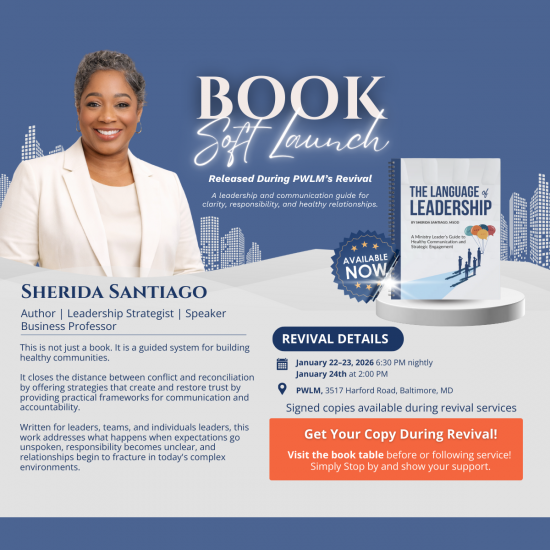My Experience on the Impact Unplugged Podcast
What does it really mean to create impact? Is it simply about achieving outcomes, or is it about understanding the people we are working for and with, their stories, their needs, and their potential? This was the central theme in my conversation with John Foster on the inaugural episode of Impact Unplugged. We discussed the powerful intersection of individual accountability, actionable empathy, and the vital role of partnership in driving meaningful, sustainable change.
For me, this is not theoretical. It is personal. My values were shaped by my upbringing, where I was taught that impact starts with the person. It starts with how we connect, how we care, and how we show up for each other. As I have worked with communities and individuals, I have learned that accountability is not a one-way street. It is about the collective responsibility we share to ensure systems are not only functional but genuinely beneficial to the people they serve. Systems are created by people, for people, and if we do not keep those connections at the center, we miss the mark.
One of the most meaningful moments in our conversation came when we talked about the layers of impact. It is easy to get lost in the chase for results. We are conditioned to prioritize outcomes, the bottom line, but in doing so, we often overlook the most important factor: the people behind those results. The systems and processes we build must stay connected to the communities they are designed to serve. They must be grounded in purpose and clarity about what needs to be in place and why.
As I shared during the interview, true impact requires partnership, real empathetic collaboration. “Two are better than one, because they have a good return for their labor. If either of them falls down, one can help the other up.” (Ecclesiastes 4:9-10) This scripture speaks to the strength of working together. Impact is not just about what we accomplish. It is about how we do it, with empathy, care, and a shared vision.
As we discussed the framework for accountability in impact, I reflected on the three key values that should guide every action we take in the service of others. First, the recognition that impact must always be designed around people, people with real needs, voices, and perspectives. Second, the need for transparency and trust in any partnership. Without these, accountability becomes an abstract concept that is disconnected from reality. And third, the power of empathy in creating lasting relationships, relationships that are grounded in understanding and respect.
We also explored the practical side of partnerships. How do you move the needle when working with others? What is the real role of each partner in creating change, and how do we guide one another toward actionable impact? I encouraged listeners to consider their own unique potential to identify and shape strategic points of impact in their lives and work. Everyone has something they can contribute, but it begins with understanding where they fit within the larger ecosystem of change.
Ultimately, our conversation was not just about frameworks or strategies. It was about shifting the way we think about leadership and impact. It is about leading with empathy, not as an afterthought, but as a core value. As I said on the podcast, when we make the conscious decision to lead with actionable empathy, we do more than move projects forward. We move hearts, minds, and communities. “Let all that you do be done in love.” (1 Corinthians 16:14) This scripture captures the essence of leadership that places the well-being of others at the center.
This philosophy is not theoretical. It is a call to action. It is a reminder that when we come together with clarity of purpose and genuine empathy, we have the power to transform not only the communities we serve but also ourselves. It is not enough to work for people. We must work with them, side by side, making sure they are heard, valued, and supported.
For anyone listening to the episode, whether an aspiring leader or a leader trying to navigate the weight of partnership, I invite you to reflect on your own role in creating impact. How can you embody these values of empathy and accountability in your work? How can you help your partners move the needle in ways that create meaningful benefit for everyone?
Unplugged in This Episode:
- Framework for accountability in impact
- 3 values pivotal to designing impact around people
- What to consider when entering a partnership
- How to guide partners in moving the needle
- Tactics for defining strategic points of impact
Listen to the full conversation on Impact Unplugged and join us as we explore how impactful, empathetic leadership can change the world. Subscribe now for more episodes that deconstruct impact and explore what it means to lead in a way that truly makes a difference.
Impact Unplugged by John Foster
Follow John Foster:
Impact Unplugged is hosted by John Foster, produced by Marissa M. Wilhoit, and executive produced by Fearless. To learn more about how Fearless is using technology for social good, visit: www.Fearless.tech


